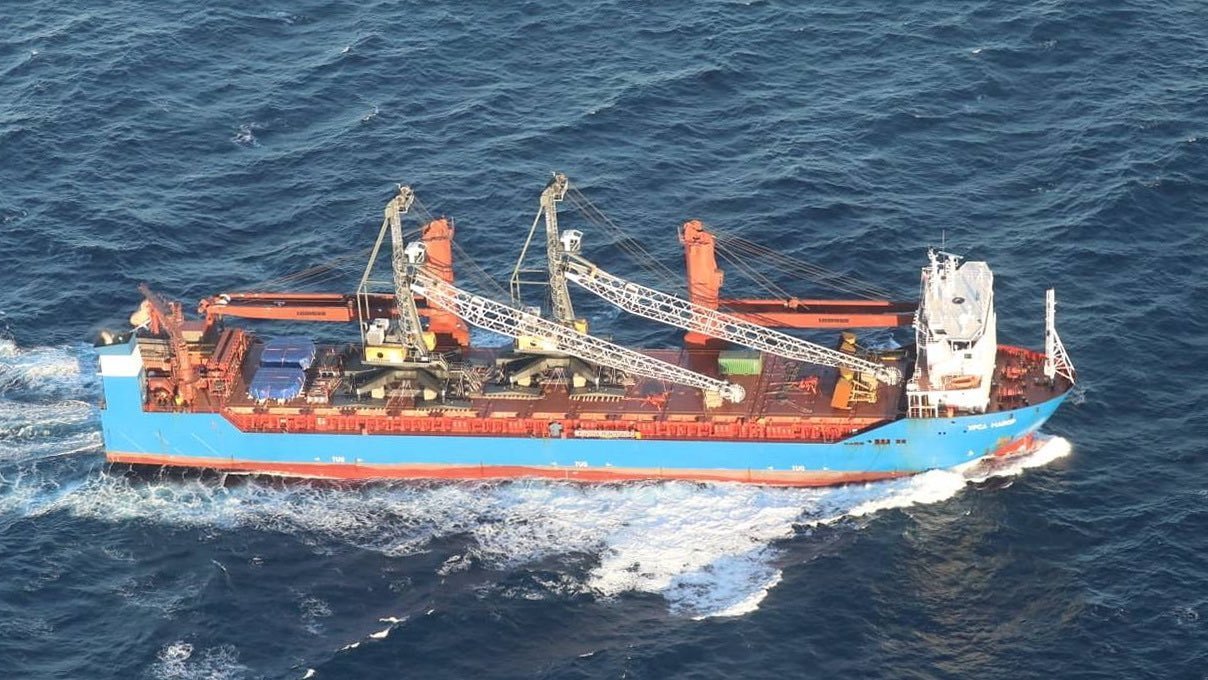Russian cargo ship Ursa Major sinks off Spanish coast after explosion
Russian Cargo Ship Sinks in Mediterranean

A Russian cargo ship named Ursa Major sank in international waters between Spain and Algeria after an explosion in its engine room. The incident occurred late on December 23, as reported by Spain’s Maritime Safety and Rescue Society and local media. The sinking raises questions about the ship’s intended destination and the implications of its cargo.
Details of the Incident
The Ursa Major sank approximately 70 nautical miles south of Cartagena, Spain, at coordinates 36-27.50N 000-53.44W. The explosion occurred at 23:22:30 UTC on December 23, which corresponds to 01:22:30 Kyiv time on December 24. Following the explosion, the Maritime Safety Society issued a warning about potential debris in the area. They urged all vessels nearby to maintain a safe distance and report any sightings of wreckage to the Maritime Rescue Coordination Center in Cartagena.
According to reports, fourteen crew members were rescued and taken to the port of Cartagena, while two crew members remain missing. The Russian Foreign Ministry’s Crisis Center confirmed the sinking in a Telegram post, stating that the vessel was owned by SK-YUG. The ship was reportedly carrying empty containers at the time of the accident, as claimed by the ship’s captain. However, analysts have raised concerns about the actual cargo, suggesting it included critical equipment for nuclear icebreaker construction.
Rescue Operations and Implications
Multiple vessels participated in the rescue operation, which was later supported by Spanish Maritime Rescue specialists and the Spanish Navy’s Serviola patrol boat. The area was deemed hazardous for navigation until a Russian military vessel arrived to take over the rescue efforts. The involvement of military assets highlights the seriousness of the situation and the potential geopolitical implications of the incident.
Analyst Alexander Oliver examined the cargo data and noted that the Ursa Major was transporting two port cranes and 45-ton hatch covers intended for nuclear icebreaker construction. The loss of this equipment could significantly impact the Vladivostok port and its icebreaker construction program. The ship had departed from Saint Petersburg on December 11 and was scheduled to arrive in Vladivostok on January 22, 2024. This incident not only raises concerns about maritime safety but also about the logistical challenges facing Russia’s military and industrial capabilities in the Pacific region.
